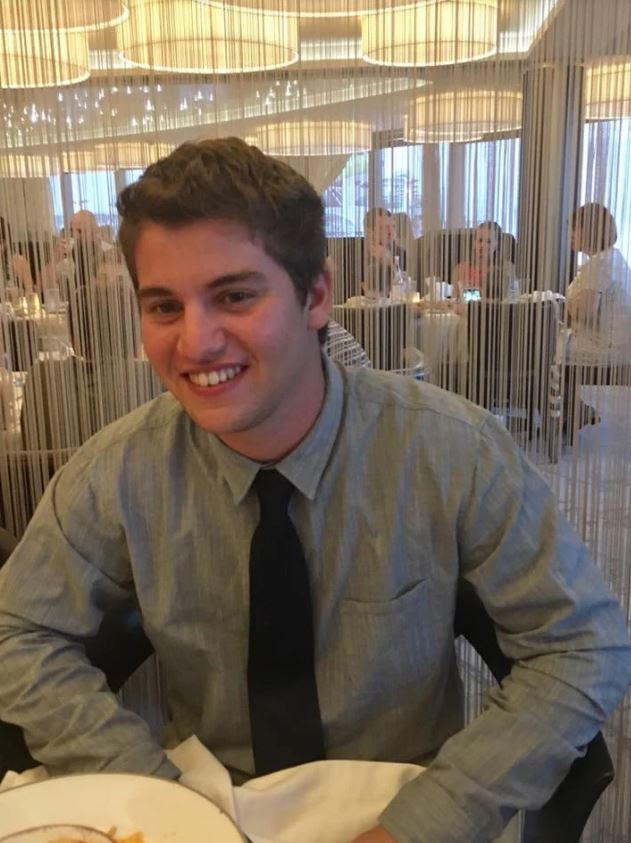
If someone were to ask me what I believe is one of the most common misconceptions about Israel, it would unequivocally be homogeneity. Anti-Israel advocates on college campuses push this narrative because they argue Israel is an ethnic state of white Jewish Europeans who suppress the rights of any other minority living in the country.
Ignoring the fact that the Jews of Israel are the epitome of diversity, Israel’s citizenry has an invaluable population of Israeli Arabs. Under Israel’s basic law, Israeli Arabs are equal in status to Jewish Israelis. Israeli law protects their civil and political rights, such as the right to vote, free expression and security of person. Repeating facts we can find online, however, is an ineffective way to understand the Israeli Arab minority. Luckily, Aggies for Israel had the privilege of listening to Yoseph Haddad’s perspective as an Israeli Arab, and, most importantly, his critical message of hope and inclusivity.
As the pro-Israel community in Davis gathered in Wellman Hall, many did not know what to expect. Most of our events have covered the same perspective. Often, we bring in a Jewish Israeli Defense Forces (IDF) soldier, a Holocaust survivor or an Israeli start-up entrepreneur. While these perspectives are important, this is only part of the picture. The Israeli Arab perspective is necessary to maintain a well-rounded understanding of our homeland. The onset of Yoseph’s story led to an overarching question each of us were thinking about: How does a non-Jew feel connected to Israel?
Yoseph was born in Haifa and was mostly raised in Nazareth, a predominantly Arab city in Israel. He describes an upbringing without political division, contrary to what most would believe. As a child, he did not care if his friends were Christian, Muslim or Jewish — all he cared about was whether he won that day’s soccer game with his friends, not which religion prevailed.
“Ignoring the fact that the Jews of Israel are the epitome of diversity, Israel’s citizenry has an invaluable population of Israeli Arabs.”
Eventually, Yoseph’s Jewish friends started to be drafted into the IDF. In Israel, Jews are required to serve in the armed forces; however, this decision is optional for Arab citizens like Yoseph. Nevertheless, Yoseph joined the Golani unit of the IDF not because he had to, but because he believed it was the right thing to do. Yoseph was no different from any Jew protecting their homeland because it is his home too.
“When I joined the IDF I wasn’t defending Jewish people, Christians or Muslims,” Yoseph said in an interview with Jewish Boston. “I was defending Israel.”
Unfortunately, the second Lebanon War started during his service. Yoseph was critically wounded in combat and lost his foot. Without hesitation, his Jewish brothers in arms picked him up and had him evacuated. Fortunately, his foot was salvaged, but the doctor said he would not walk the same again. Yoseph recovered to the point where he could joyfully walk into the doctor’s office with a soccer ball in one arm and a grin on his face.
Yoseph put his persistence to use and founded the company Vouch for Each Other. His goal is to integrate Arabs into Israeli society to the point where they, like Yoseph, have a strong national identity — no matter how difficult the challenge. He argues the state of Israel is good for the Arabs. While not perfect, Israel provides the best opportunity for Arabs to live in peace — a rare luxury in the Middle East.
Students who were able to hear Yoseph speak about his important work resonated with his message of bridging the gap. Pro-Israel students at Davis, like Israeli Arabs, can often feel disconnected from the greater community. They may not want to express a strong connection to Israel, feel unwelcome in areas on campus or be directly targeted by BDS legislation. But as Yoseph showed in his presentation, this is no reason to give up. His work showed all the Aggies for Israel at Davis why the work we do is important.
Like Yoseph, it is our job to build that bridge between Pro-Israel students and the UC Davis community. We must be the catalyst for change in our community so that others can be integrated. Just like Israel will become stronger when Arabs are integrated into society, so too will the Davis community when Jewish students feel at home.
Originally published in The California Aggie.
Contributed by 2019-2020 University of California – Davis CAMERA Fellow and vice president of the CAMERA-supported group Aggies for Israel Jacob Greenstein.
